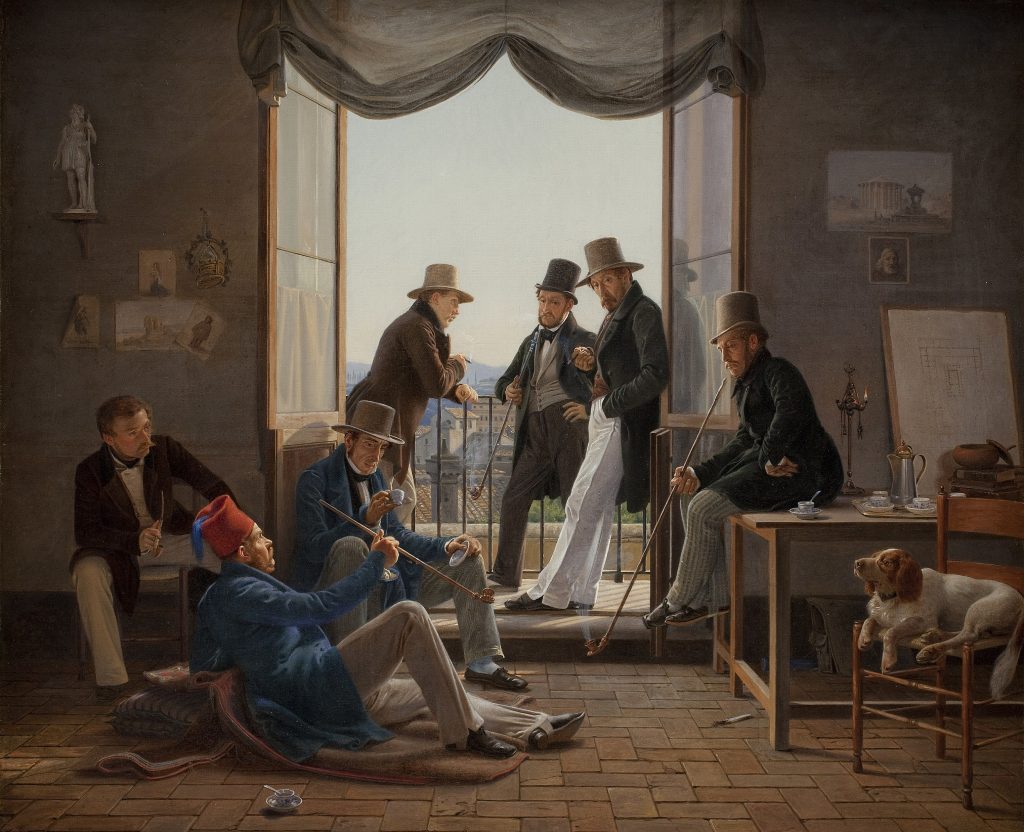Sociability • Friendship
Why Misfits Make Great Friends
In our lives, we start off by hoping that we will be liked by everyone. We aspire to broad popularity. It’s hardly surprising: we evolved as group creatures, dependent for their survival on the approval of all the other members in their small roving band of hunter-gatherers. A single hostile acquaintance could have been the harbinger of physical attack. We can’t help but instinctively worry ourselves sick about what others think of us.
Yet in the febrile conditions of modernity, it is close to impossible to get through life without attracting any enemies. However polite and well-meaning we may be, however much we might incline to conciliation and gentleness, somewhere along the way, we will slip up in a way that threatens to attract terrifying levels of hostility and mockery. Wholly unwittingly, we might upset someone who tried to get into a relationship with us; our success might elicit envy; our politeness might be mistaken for superciliousness; our kindness might be read as piety. A rumour that we are unprogressive in our opinions might spread in the workplace. Nothing needs to have gone especially wrong for us to find ourselves in social exile.
It’s this instability that necessitates an appreciation for the value of that ultimate protection against group think and mob-rule, the friend. We cannot rely upon the sanity of the crowd, we have to instead focus our efforts on the good will and sympathy of a few extremely carefully chosen souls.
In this regard, we might contemplate a picture of seven close friends (and a dog) painted in the 1830s by the Danish artist Constantin Hansen.

At first glance, it looks like a pretty rendition of a contented circle relaxing at an open window in one of the most beautiful cities of Europe. But there is a darker aspect to Hansen’s work. This wasn’t just a portrait of friendship (though it was that, too), it was an evocation of the toll that can be imposed on free spirits by the narrow-mindedness and prejudice of society at large. Its deeper message was intended for the judgemental bourgeoisie back in Denmark for whom these people weren’t loveable oddities but shocking outcasts. Carl Christian Constantin Hansen had gone to Rome to escape financial pressures after his parents’ death. The painting shows him in his studio (sitting on the far left) chatting with Danish friends who were all, like him, misfits in one way or another. His friend Albert Küchler – standing in the middle of the balcony – was in the process of becoming a Catholic, an absurd step in the eyes of his family back home. Next to him, in the white trousers, is Ditlev Blunck, who had to live in exile because his homosexuality was regarded as scandalous in Denmark. And sitting on the table is Jørgen Sonne, who had exited a respectable career in the military in which his enthusiasm for Hindu spirituality wasn’t viewed as an asset.
To a contemporary Danish audience, they would have been read as a weird, scandalous group with no care for earning money or leading regular pious lives. The things they cared about sharply flouted the expectations of respectable minds. And yet, the way Hansen depicts them lets us feel, even in our own time, the comfort offered by kindly mutual regard. Whatever they were saying in the townhouses and Bible-reading classes of Copenhagen, in a studio in Rome, there was sympathy and communion. Friendship had defeated gossip.
We may not be talented artists in flight from our punishing provincial Protestant backgrounds, but we are liable in some ways to have upset, or to be in danger of upsetting, the judgements of our own era. We should not be too surprised if we have excited hatred; lunacy and delusion are the general rules. The only escape lies in identifying a number of people (we’d be extremely lucky if it was seven; even one or two will do) who won’t judge us by the standards of the day, who won’t require us to have a certain kind of career, to obey particular principles in our personal lives or to espouse fashionable opinions about politics or class. We will have in them a bulwark against the pitiless massed guardians of truth and justice outside the door. We will be able to be ourselves and still be considered with love.
We have suffered long enough from hoping that sanity and kindness might be widespread. It should by now have grown evident that the mind of the average person is too hostile a place for us to flourish, and that we must sharply edit those whose judgement we will let ourselves be affected by. Once we have given up on the poisonous goal of respectability, we will at last be ready for friendship – and, if we are especially lucky, the companionship of a highly cordial-looking spaniel.

























